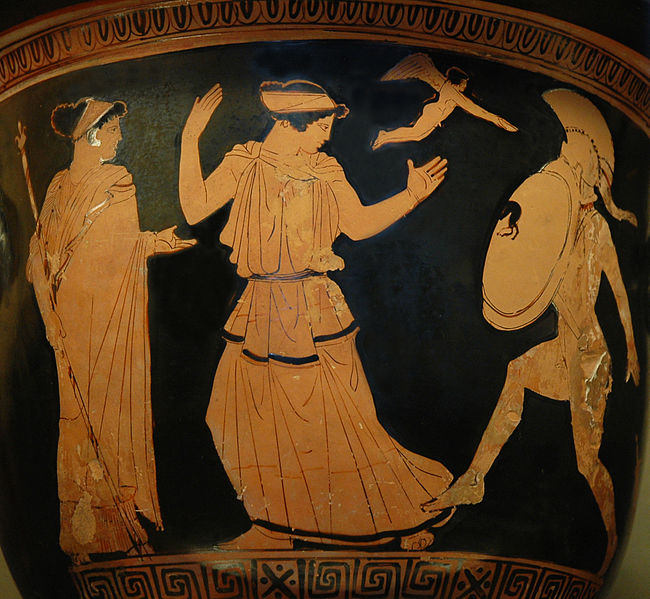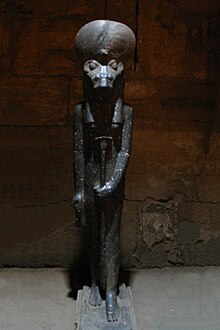A lion, a fox, a jackal, and a wolf
went hunting one day among the forest they called home. The fox, with her keen
sense of smell, searched through the bushes until she happened upon the scent
of a stag and all four chased after it. They chased the prey between the trees until
the wolf was able to catch him and bring him down.
As they stood puffing over their
meal the lion ordered, “strip the meat of its hide and quarter it so that we
may divide the meal accordingly.”
So the jackal stripped the meat and the wolf and the fox helped
her to quarter it. When they were done, the lion stood over the stag and
decreed, “Now that there are four parts, we will divide it appropriately. For
my part in the chase I will take one quarter of the meat. For my wisdom and guidance,
I will take another quarter as proper payment. I will take the third as your
thanks for my graciousness for I could kill the three of you with a swipe of my
paw if I so chose and yet I choose to leave you with the last quarter. As for
that, you may decide among yourselves how you will split it between you. I
make no claim to it.”
Dismayed
and out of breath, the fox, the jackal, and the wolf watched the lion leave
with his three-quarters share.
“This isn’t
fair!” said the jackal. “We did all the work but now he takes the most meat!
What are we to do?”
“We should
take our portion and go home,” said the fox, “the lion is right. We are no
match for him.”
“No,” said
the wolf. “I have family who have had dealings with this lion. Perhaps they
will know what to do.”
So each
animal took their small share of meat and returned home. They asked their
mothers and their fathers and their neighbors about the lion and each, in turn,
agreed that yes, they had hunted with the lion and each time he had taken an
undo share of the bounty. The fox and the jackal and the wolf met again in the
woods and they each told their stories of family who had gone hungry at the
expense of the lion.
The next
day at dawn they each roused their loved ones and made for the lion who slept
alone under a tree with his belly full of meat. They surrounded him as he slept
and he woke startled to find that one hundred of his former hunting partners had
returned for their share of the meat. They took his meat from him and when he
had no more meat to give they tore him apart and took back the meat that way
for although he could kill one animal with his strike he could not kill them
all. With the lion gone and a new appreciation between the animals of the
forest, the fox, the jackal, the wolf, and all their families hunted freely and
equitably from that time forward.
The king may rule the day but the mob will not suffer under
a tyrant forever.
Author's Note: This is a retelling of Aesop's fable The Lion's Share. In the original, the lion ate the entire stag while the other three left hungry with no retribution. I decided to give the story a better ending.
(The Fables of Aesop. Joseph Jacobs. The Lion's Share. Link)











.jpg/220px-Sekhmet_(British_Museum).jpg)